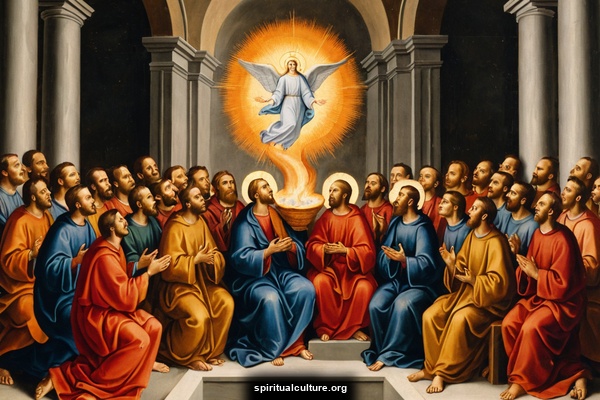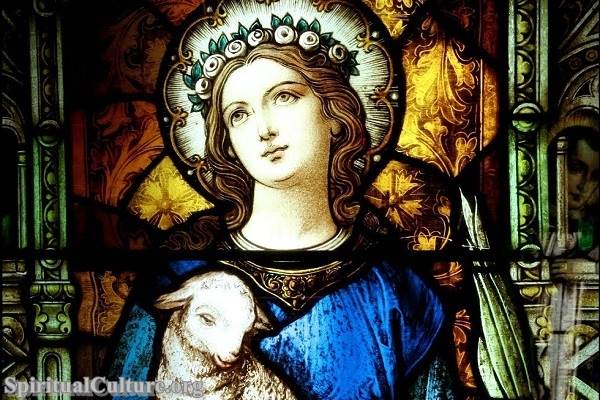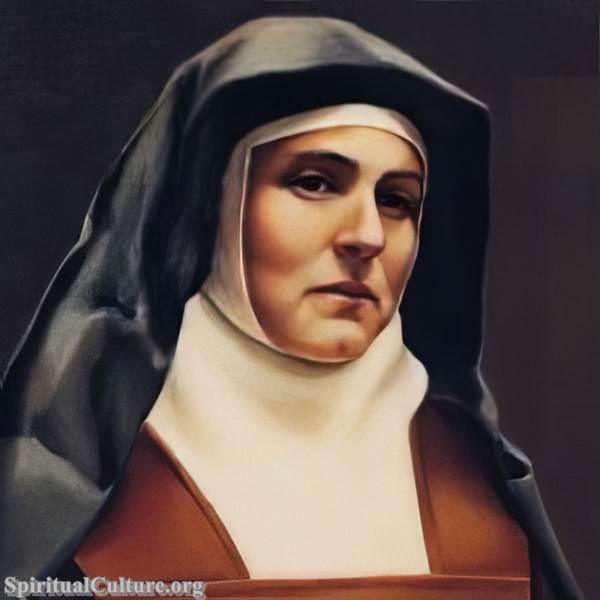Saint Cecilia holds a revered place in Catholicism as the patroness of music and musicians. Her life, filled with faith and profound devotion, has inspired many in the Catholic community and beyond. This article delves into the intriguing life of Saint Cecilia, her influence on Catholicism, and her exceptional role in the Catholic Church.
The Life of Saint Cecilia
Saint Cecilia, born in the second century AD in Rome to a wealthy Roman family, is one of the most venerated martyrs of the Catholic Church. She is among the few saints whose names are mentioned in the Canon of the Mass and is celebrated with a feast day on November 22nd.
Cecilia took a vow of virginity at a young age, dedicating her life to God. Despite her vow, her parents married her off to a nobleman named Valerian. On their wedding night, Cecilia told Valerian about her vow of virginity and her guardian angel. Moved by her faith, Valerian converted to Christianity and respected her vow.
Saint Cecilia’s Influence on Catholicism
Saint Cecilia’s life and martyrdom have had a significant impact on Catholicism. Her unyielding faith and devotion to God, even in the face of death, provide a powerful testament to the strength and resilience of Christian faith. Moreover, her influence extends beyond her life, as she is often invoked in Catholic liturgy and music.

St. Cecilia
Saint Cecilia’s connection to music is one of the most intriguing aspects of her story. Although the historical details are somewhat unclear, legend has it that while the musicians played during her wedding, Cecilia sang in her heart to God. From this story, she became the patron saint of musicians, making her an enduring symbol of the deep spiritual connection between music and faith in Catholicism.
Cecilia’s influence has also inspired a wealth of religious art and music in the Catholic tradition. From the stunning statue of Saint Cecilia by Stefano Maderno in Rome’s Santa Cecilia in Trastevere to Handel’s “Ode for St. Cecilia’s Day,” her life and legacy continue to inspire Catholic artists and musicians.
Saint Cecilia and the Catholic Church
The Catholic Church holds Saint Cecilia in high esteem, both as a martyr and as the patroness of music. Churches around the world, including the Basilica di Santa Cecilia in Rome, are dedicated to her and serve as places of worship, music, and remembrance.
The Church celebrates Saint Cecilia’s feast day with special masses and musical performances, highlighting her role as the patroness of music. In addition, many Catholic schools and music institutions bear her name, further cementing her place within the Church and its various cultural expressions.
Moreover, Saint Cecilia serves as an important figure for the Catholic Church in its dialogue with the arts. Her patronage of music underscores the value the Church places on this art form as a means of worship and spiritual expression. In this way, Saint Cecilia helps to bridge the worlds of faith and art within the Catholic tradition.
In conclusion, Saint Cecilia’s life and legacy hold a special place in Catholicism and the Catholic Church. Her profound faith, her music patronage, and her enduring influence on Catholic culture make her an important figure in the Catholic tradition. As we celebrate her feast day, we are reminded of the power of faith, the beauty of music, and the inspiring example of Saint Cecilia.





